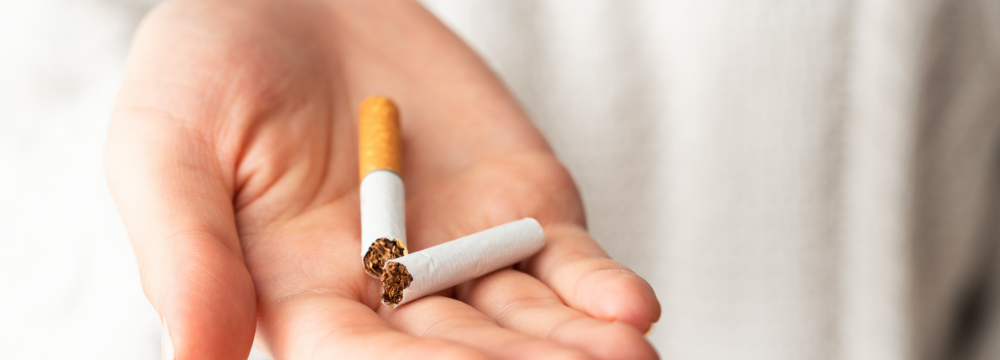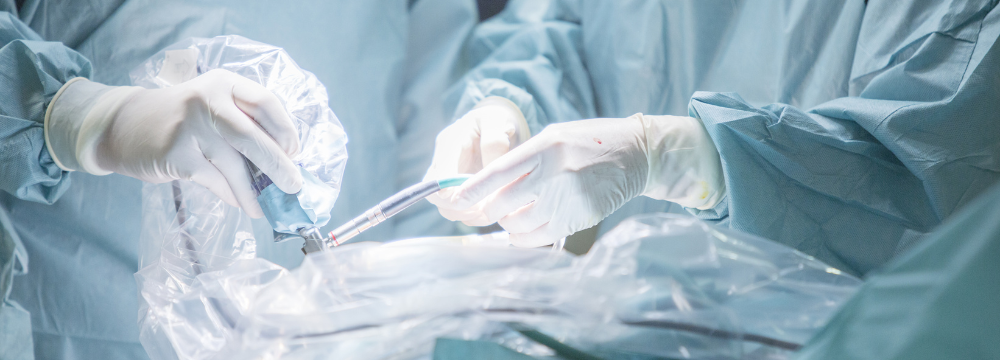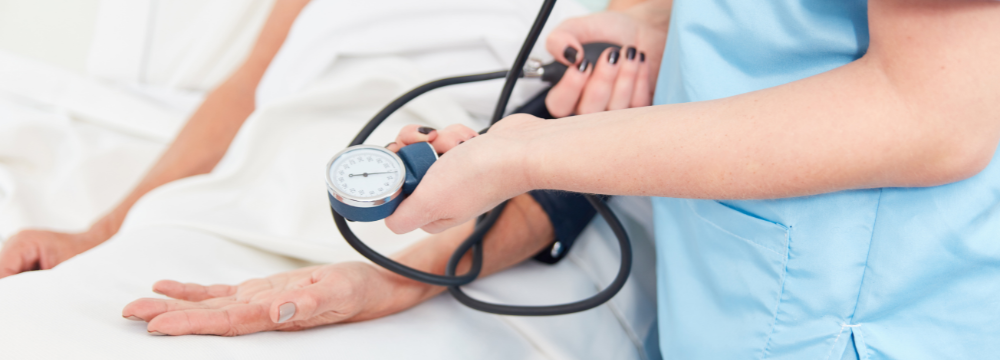
The Impact Smoking and Vaping Has On Surgery
Smoking and Vaping before your surgery significantly increases your risk of surgical complications relating to the procedure itself, your anaesthesia and your recovery. The very serious nature of these complications means Surgeons will often postpone, or even cancel your surgery if you have smoked or vaped in the six weeks prior to your surgery. Smoking or vaping during your recovery also carries risk. While some of these risks are purely cosmetic, others are potentially life threatening.
If you’re considering any form of surgery, including Plastic Surgery, quitting Nicotine (including vaping, patches and gum) and Cannabis (Marijuana) for six weeks before and after your surgery will not only reduce your risk of surgical complications, you’ll also avoid your Surgery being postponed, or even cancelled. While seemingly harsh, these measures are in place to manage patient risk while securing the best possible surgical outcomes for our patients.
Smoking, Vaping & Surgery: What are the Risks
Research shows that Nicotine smokers are at a higher risk of:
- Infections due to poor wound healing and a compromised immune system
- Longer healing times, additional pain/discomfort and increased risk of Necrosis.
- Poor quality Plastic Surgery outcomes, including hard lumps, thick wide scars, permanent small vessel damage, capsular contracture, implant rejection and malformations of the breast implants
- Blood clots, Stroke and Deep Vein Thrombosis (DVT)
- Respiratory issues during and after your procedure
- Additional stress on the body while under anaesthesia, impacting on immune response and recovery
If your smoking extends to Cannabis or Marijuana, you’re also likely to be susceptible to:
- Respiratory infections during recovery
- Reduced efficacy of anaesthesia medication – you may need a higher dose to remain sedated during surgery. This means more time spent in hospital and a longer road to recovery

SMOKING, POOR WOUND HEALING, INFECTION & NECROSIS
Good circulation is critical to your post-operative healing and repair, in fact, without oxygen, skin, fat and muscle die. Nicotine restricts the flow of blood (and oxygen) in the body, limiting your body’s natural ability to heal and increasing your risk of infection and skin loss. In severe cases, smokers may also develop Necrosis which results in the premature death of cells and tissue. In addition to being potentially fatal, Necrosis may:
- Prevent wound healing
- Result in highly visible, permanent and low quality scarring
- Lead to the need for surgical correction or even Breast Implant removal
- Cause disfigurement, including the loss of nipple, where a periareolar incision has been used
Toxins in cigarette smoke damages the collagen and elastin in the skin. Smokers tend to have hardened, less elastic skin that ages and weakens prematurely. These factors may impact on the longevity of your Plastic Surgery results.
SMOKING & BREATHING COMPLICATIONS DURING AND AFTER SURGERY
Nicotine impacts on the functionality of your heart and lungs, which in turn increases your risk of:
- Breathing difficulties during or after your surgery
- Developing a persistent cough, which may lead to poor wound healing, additional discomfort, poorer scarring and even Hematoma
- Developing post-operative chest infections or even pneumonia
- Needing to be placed on a ventilator after surgery

SMOKING & REDUCED IMMUNITY
Cigarette smoke contains more than 7,000 chemical compounds. Many of them can interfere with the immune system and make the body less effective at fighting disease and infections, including life-threatening septic conditions.
SMOKING, BLOOD CLOTS & HEART CONDITIONS
Smokers have up to 10 times more Carbon Monoxide in their blood than non-smokers, making it harder for your heart and body to get the oxygen it needs. You may even need extra oxygen during your surgery to prevent damage to your vital organs, such as your brain.
High levels of Carbon Monoxide can also disturb the rhythm of your heart during surgery, and because smoking is a major cause of heart disease, your chances of suffering a heart attack during or after your surgery is higher than a non-smoker.
Chemicals in cigarettes also cause blood clots, which can cause heart attack, stroke or other serious medical problems.
SMOKING & ANAESTHESIA
General anaesthesia can introduce stress on the body and lower your resistance to infection. If you smoke, your body is less able to cope with the stress this may cause and you may be more susceptible to infections as a result.
Furthermore, the chemicals in cigarette smoke reduces the effectiveness of certain medications or interfere with the way certain drugs break down in your body; as a result, you may need higher doses of anaesthetic, antibiotics or pain relieving medication – all of which can compound problems that can add to your recovery.

How to Quit Smoking Before Surgery
We understand that quitting can be difficult. But you’re already on your way, as the first step is understanding your risk exposure ahead of your surgery.
We recommend you get seek support from your GP. Alternatively, Quitline‘s trained counsellors are available seven days a week to provide free information, practical assistance and support. This includes helping people to identify and manage their own personal triggers, manage nicotine withdrawal symptoms and cravings and build motivation, skills and confidence you need to quit.
FREQUENTLY ASKED QUESTIONS
IS IT TOO LATE TO QUIT?
No, it’s never too late to quit – in fact, your Surgery may be the driving force you’ve been waiting for. For CosMediTour clients however, we do insist our clients be completely nicotine free at least six weeks prior to their surgery date. In doing so, our clients’:
- Heart rate and blood pressure will have returned to normal
- Nicotine and Carbon Monoxide levels will have dropped dramatically
- Lungs, airways and throat will have improved, causing fewer problems with breathing during surgery
- Body will be more capable of healing wounds
If you have smoked or vaped during the six week period, please contact your Client Manager as soon as possible to discuss your options.
DO I NEED TO TELL MY SURGEON IF I SMOKE?
Yes. For your own safety, its critical that regardless of whether you smoke or vape, you’re completely honest with your Surgeon, Anaethatist and Client Manager.
Will I Be Tested for Nicotine Before Surgery?
Yes, given the severity of the risks, most hospitals will conduct a nicotine test prior to your surgery.
Is smoking or vaping before Surgery dangerous?
Absolutely. Clients who continue to smoke despite expert advice run the risk of extending their recovery time and increasing their chances of developing potentially life-threatening complications.
Can I Smoke or Vape Before Surgery?
No, you should not smoke or vape e-cigarettes for at least six weeks prior to your surgery date. While this may seem an unreasonable request, avoiding Smoking or Vaping will reduce your risk of several surgical complications.
Is It Safer To Vape Before Surgery?
No. Although vaping or e-cigarettes are often perceived as a ‘healthier’ alternative to traditional cigarettes, they still contain nicotine. Meaning, like cigarettes, they also significantly increase the risk for complications related to surgery, recovery and anaesthesia.
Can I use Nicotine Gum or Patches before Surgery?
No. They all contain nicotine, and therefore also present the same risks as e-cigarettes (vapes), or traditional cigarettes. Our clients must be nicotine-free for at least six weeks prior to surgery.
Can I smoke or Vape After My Surgery?
Clients who resume smoking and vaping too soon after plastic surgery procedures often have issues with healing and incision-site infections. Ultimately, this can lead to an inability to resume normal activities when planned, and scars that don’t fade as well. Smoking makes recovery harder by stressing your heart, affecting your blood pressure, reducing oxygen in your blood and body tissues, and damaging your lungs.
When can I start smoking after surgery?
Your surgery may be the perfect opportunity to kick your smoking habit for good – particularly as you’ll be nicotine-free for 12 weeks. If you do choose to resume smoking, we recommend you remain nicotine-free for at least six weeks after your surgery to give your body enough time to heal. Your Surgeon will be able to provide individual advice to you.
Will I be denied for surgery if I smoke?
Possibly. Your health is our number one priority, so our Surgeons may refuse your surgery if you are not willing or able to quit smoking or vaping for six weeks prior to and after surgery.
FURTHER Information
To learn more about Smoking and Vaping and the impact on your Surgery, feel free to connect with our friendly Client Support Team.
